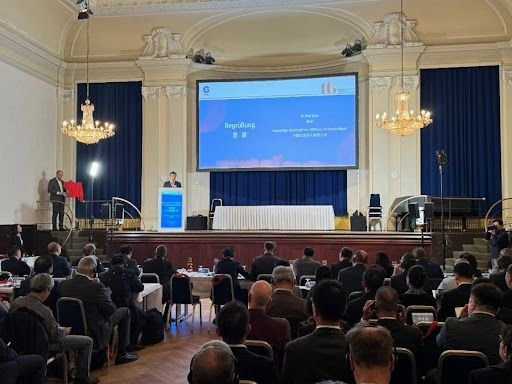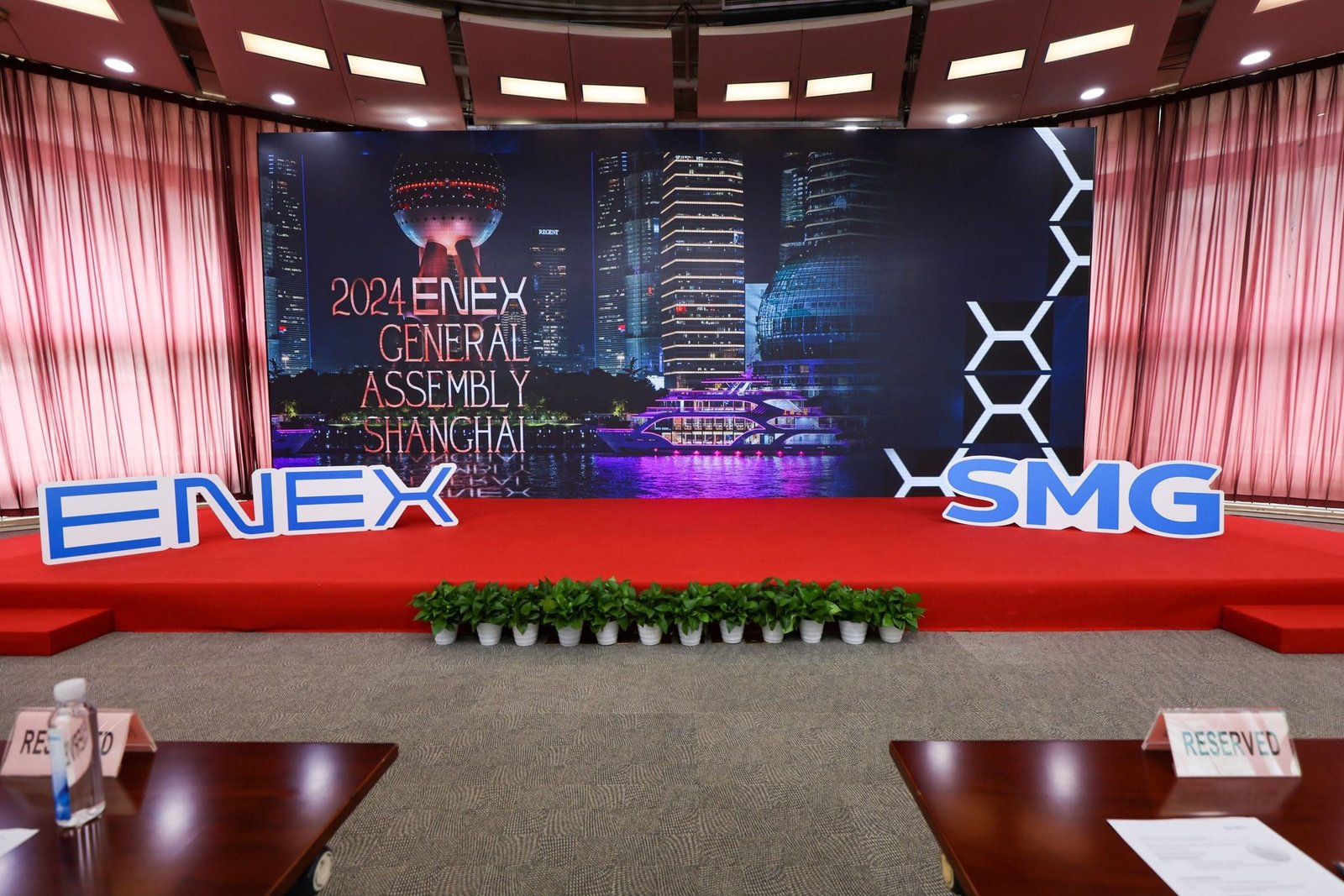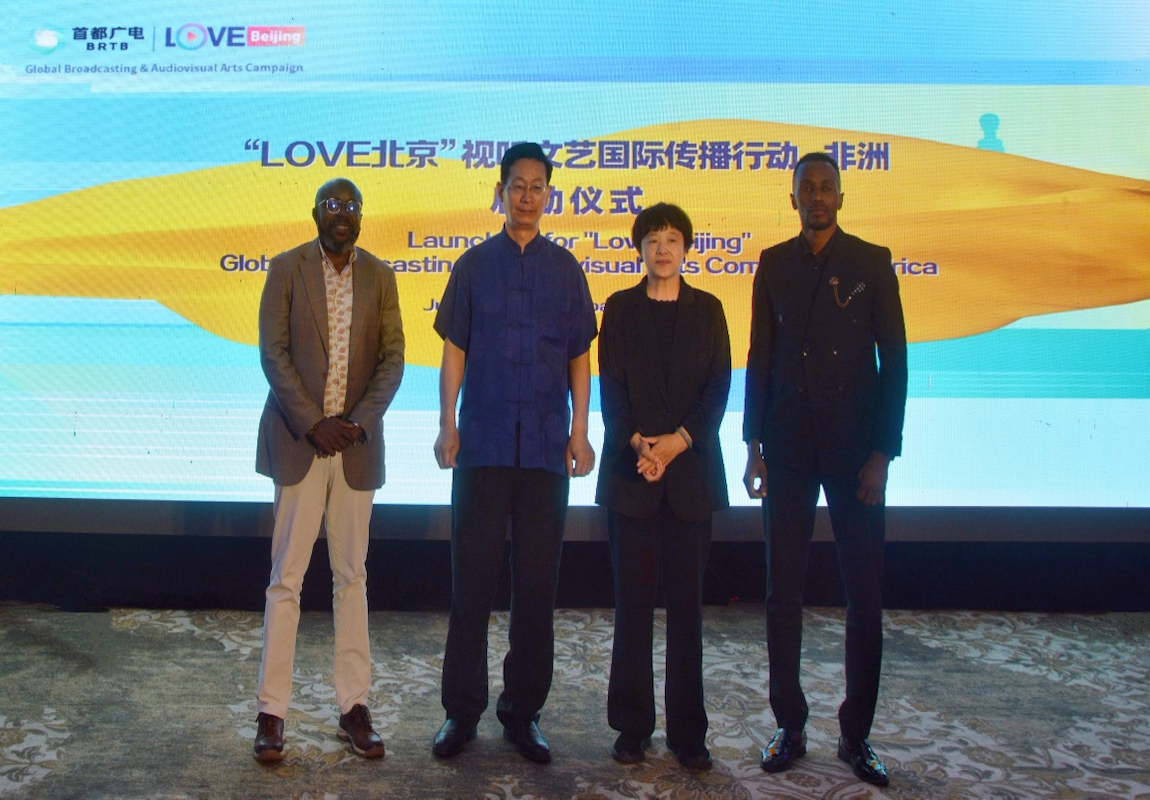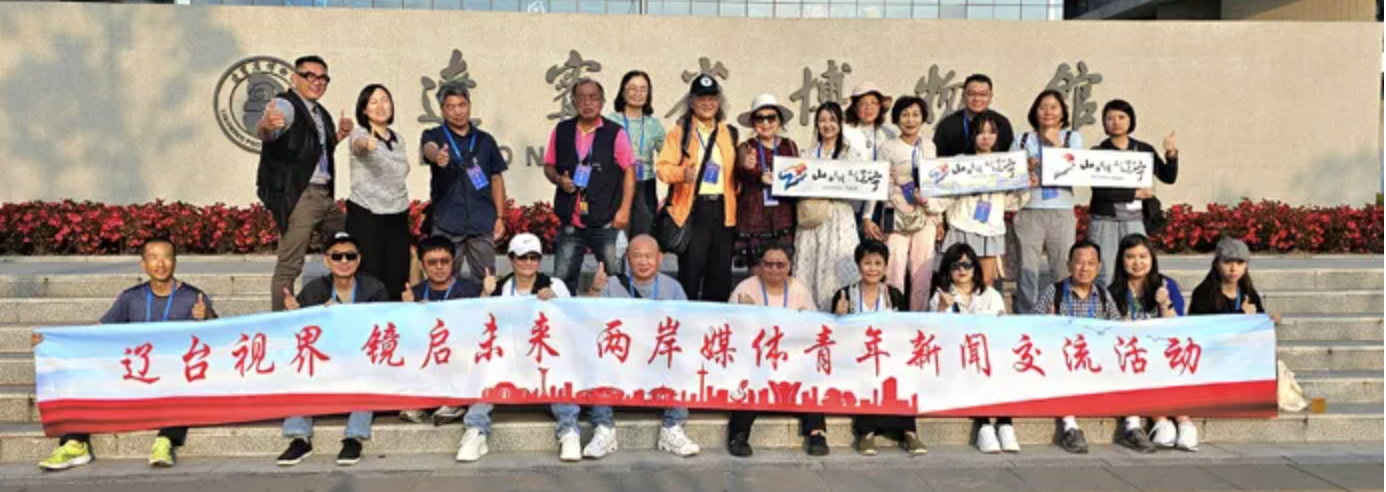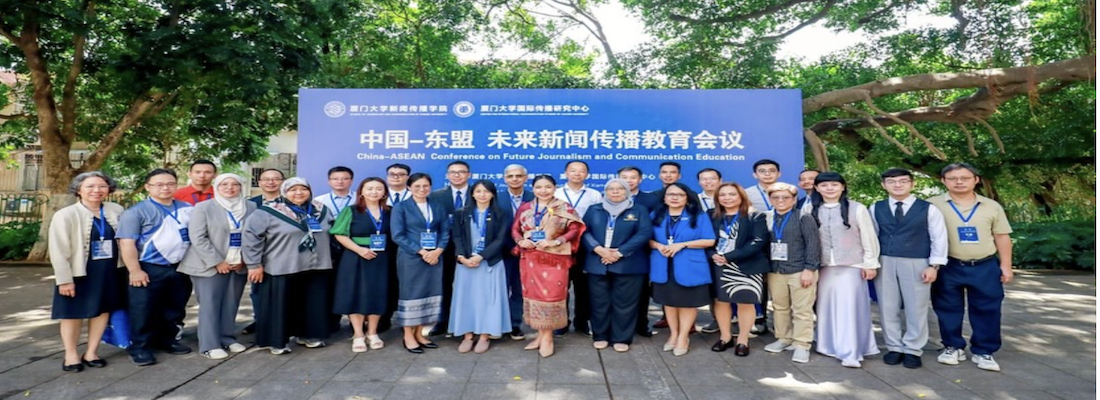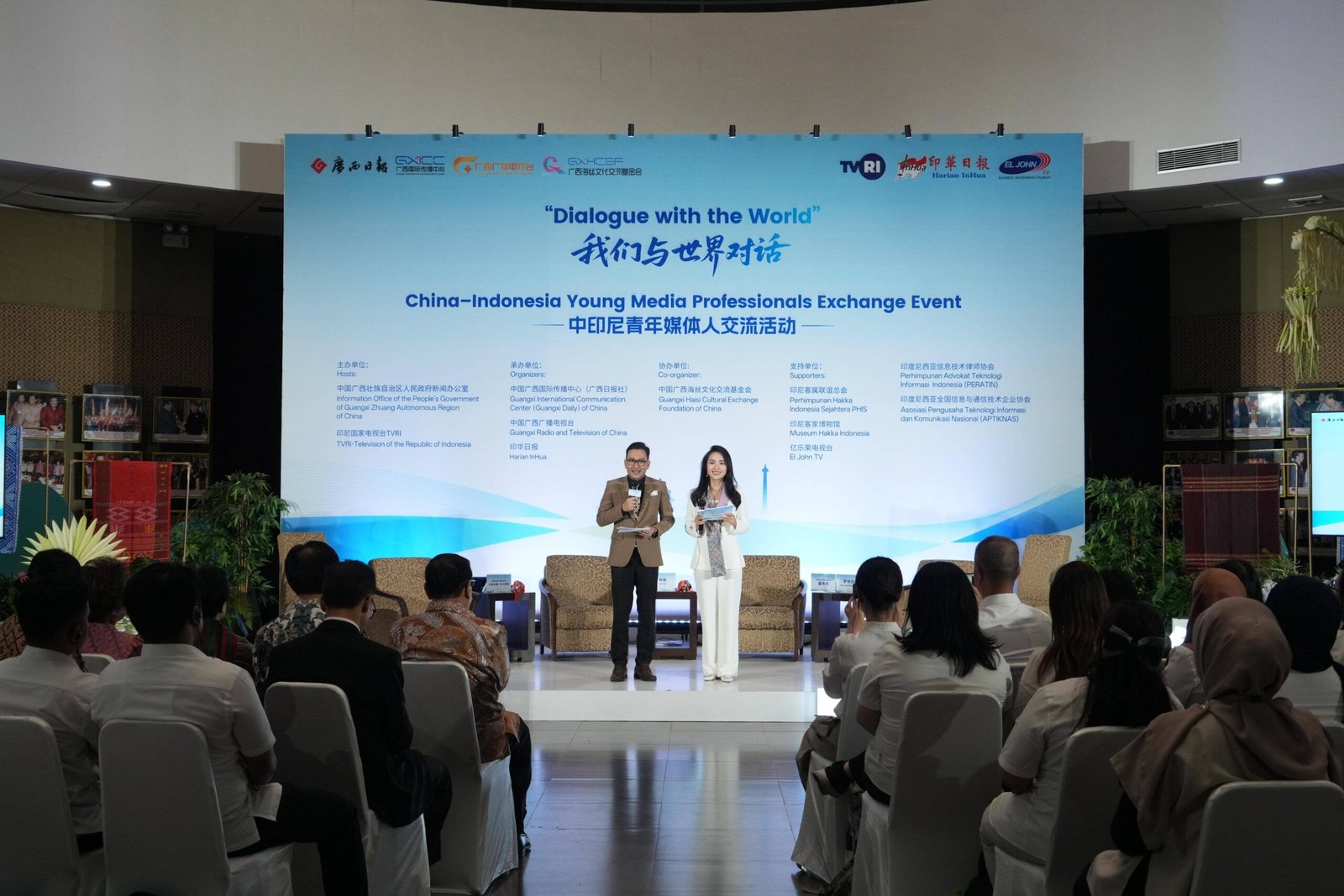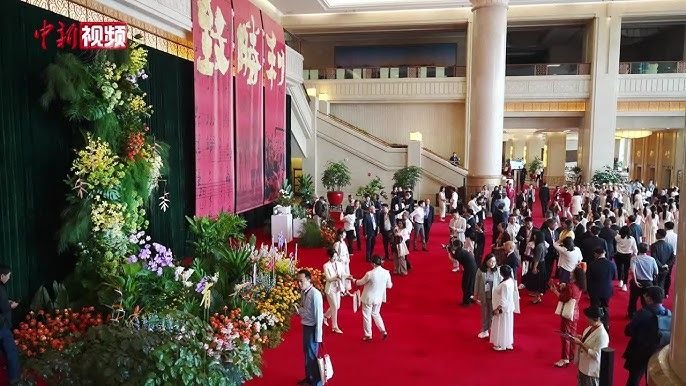Indonesian and Malaysian Journalists Visit Xinjiang
Journalists from Indonesia and Malaysia visited the Xinjiang Uygur Autonomous Region (新疆維吾爾自治區) from February 22-27, 2019, as part of the ASEAN Elites China Tour 2019. According to a report by Xinhua News Agency, the group included a senior editor from the Indonesian newspaper Kompas, an assistant editor from the Malaysian newspaper Sinar Harian, the chief editor of the Indonesian digital platform IDN Times, and representatives from Liputan6, Metro TV, and Antara (Indonesia’s national news agency). The journalists visited what Chinese authorities described as “vocational education and training centers” in the eastern Shule and Hotan County. Participants were quoted describing facilities as having “spacious buildings” and being “well-equipped,” with one journalist quoted by Xinhua saying that it was “not as reported by some news outlets.” Human rights organizations have criticized such government-organized tours as highly controlled and designed to counter international reporting that has documented serious human rights abuses in Xinjiang. International organizations, including the United Nations Human Rights Office, have documented that more than one million Uyghurs and other Muslims have been arbitrarily detained in these facilities since 2017, with torture and other abuses reported by former detainees.


